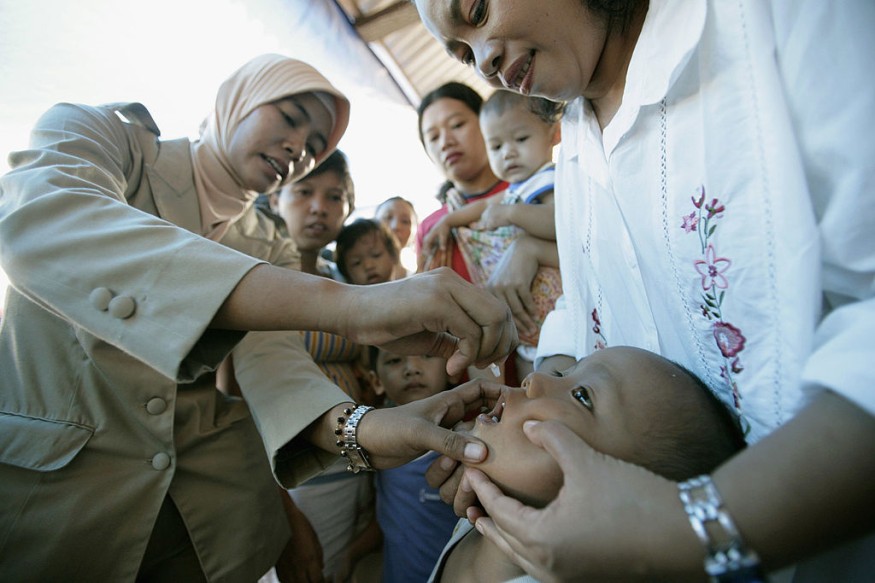
Measles infections have increased by about 80% globally this year, according to the UN, which warns that the growth of the "canary in a coal pit" ailment signals that epidemic of similar illnesses are inevitable.
Measles Outbreak!
The coronavirus outbreak has disrupted vaccination programs for non-COVID illnesses throughout the globe, producing a triple whammy that might endanger the existence of the youths, as claimed in a joint announcement of UNICEF and the World Health Organization.
As shown in UN figures, more over 17,300 measles incidents were recorded worldwide in January to February, opposed to about 9,600 over the same dates the year before.
Moreover, there have been 21 big and troublesome measles infections in the previous 12 months to April, with the majority of them occurring in Africa as well as the eastern Gulf.
In his interview with ScienceAlert, Christopher Gregory, specialized healthcare consultant in UNICEF's vaccination division, measles is typically used as a red flag since it is the very infectious vaccine-preventable illness.
Measles is what scientists term the tracker, or the canary in the coal mine, because it truly reveals to researchers where the gaps in the vaccination program exist. Gregory also predicted that yellow fever will be one of the upcoming illnesses to spread, citing growing instances in West Africa.
Experts are said to be especially concerned over the poorest and vulnerable nations, where medical practices are now failing, where they're constantly dealing with the effects of COVID on pinnacle of these epidemics.
According to UN data, Somalia had probably the highest measles infections in the previous 12 months, with over 9,000 occurrences, trailed by Yemen, Afghanistan, Nigeria, and Ethiopia - all territories facing various type of violence.
There are also concerns that the conflict in Ukraine would cause a comeback in the nation, which had Europe's highest prevalence of measles throughout 2017 and 2019. Gregory stated that from the beginning of the conflict, it has been extremely hard to maintain of whatever sickness in Ukraine.
As the COVID epidemic spread, almost 23 million young people skipped regular immunizations in 2020, the highest amount in more than years, as per ABC News update.
Also read : Thousands of Swarming Worms Surround a Home in Thailand Following a Deluge of Rain Showers
80% of the World Experiences Measles Outbreak
The International bodies also declared how, 57 vaccine programs in 43 nations that were delayed at the onset of the epidemic have yet to be finished, endangering 203 million population, the majority of whom were minors.
COVID further constantly puts strain on medical institutions, diverting resources and priority towards from vaccines for long-standing fatal illnesses.
"The consequences of these delays to vaccination programs will be recognized for god knows how long," said WHO Director-General Tedros Adhanom Ghebreyesus in a release.
For researchers, they best believe that now is the time to re-establish critical vaccination and begin hold efforts so that everyone has accessibility to these life-saving immunizations.
Gregory stated that youth vaccination should be given at least a modicum of importance as complete COVID vaccine. Measles is a virus-borne illness that primarily affects youngsters. eye impairment, neurological damage, vomiting, even severe respiratory ailments are among the worst significant consequences.
Vaccination coverage of around 95% is the best method to prevent HIV from propagating, but numerous nations continue to fail of that target - Somalia, for example, has only 46%, as per United Nations estimates, as mentioned by The Guardian.
Related article : Woman Gets Hole in Her Belly After Gotten Infected with Very Serious "Flesh-Eating Disease"
© 2026 NatureWorldNews.com All rights reserved. Do not reproduce without permission.





